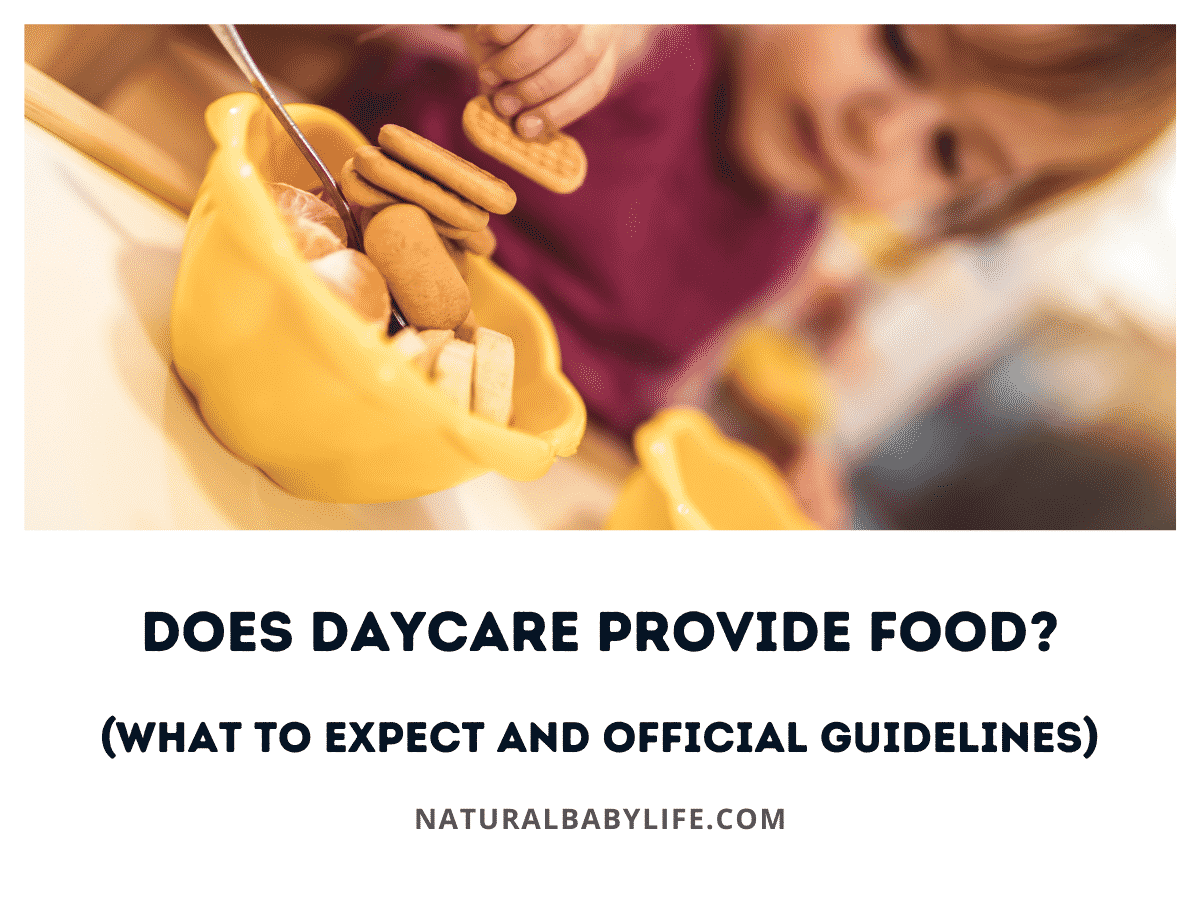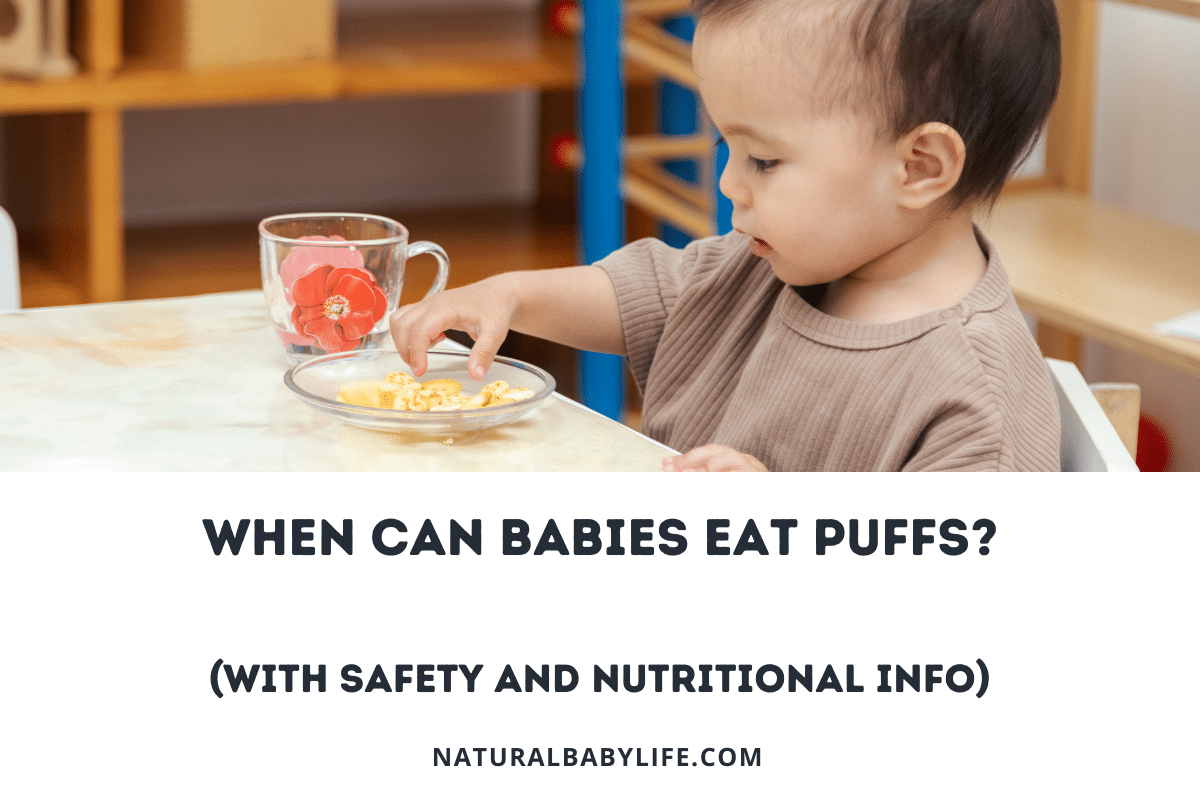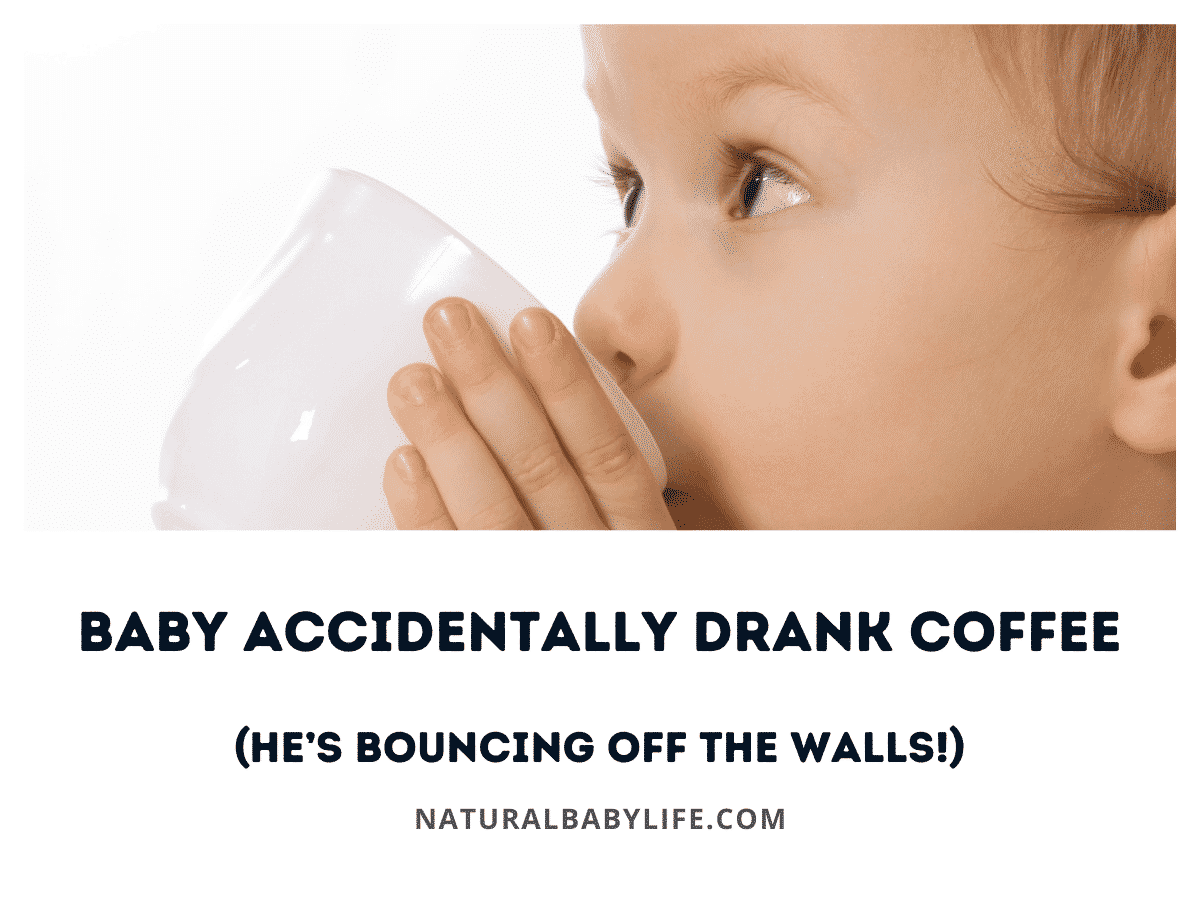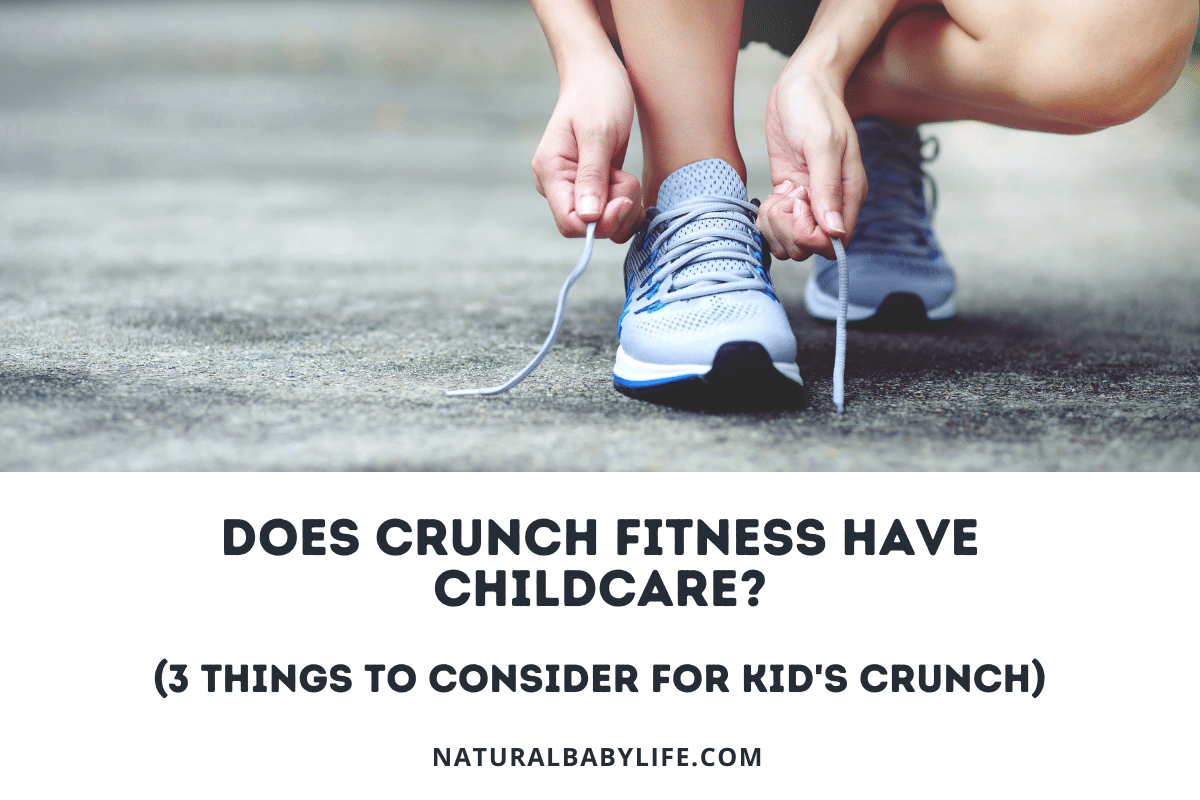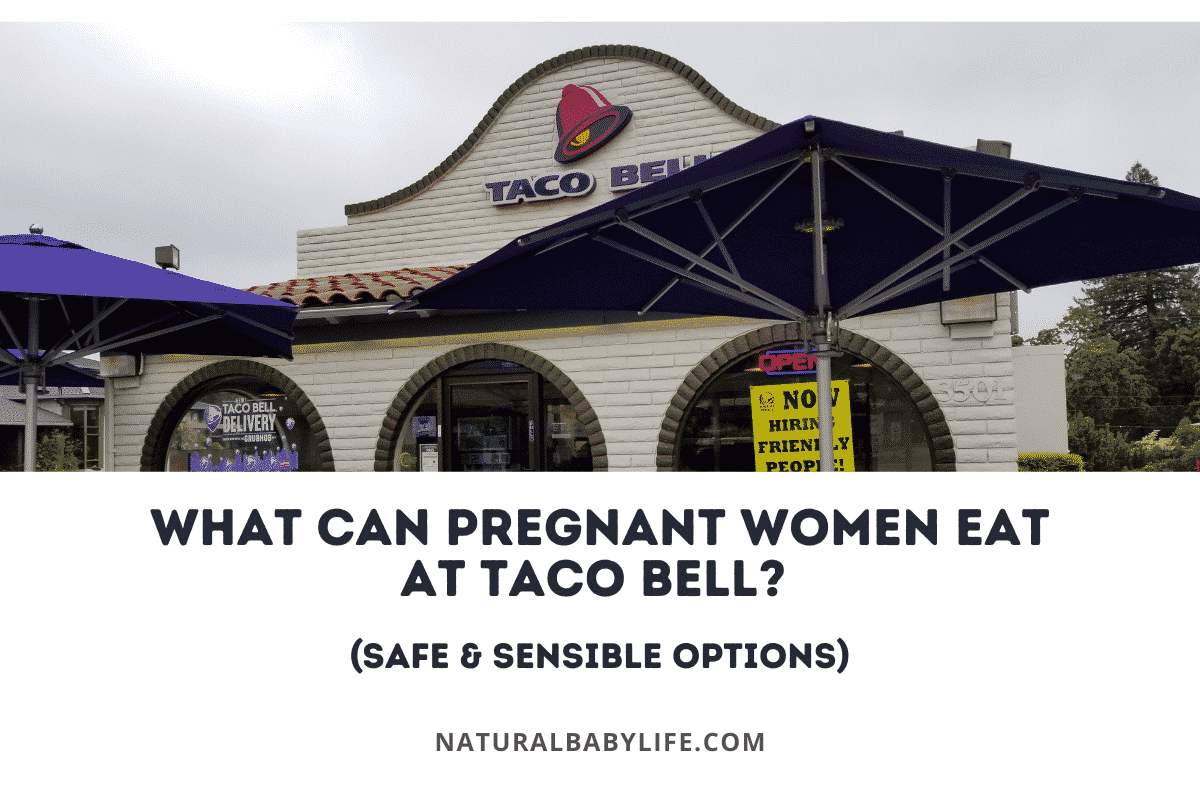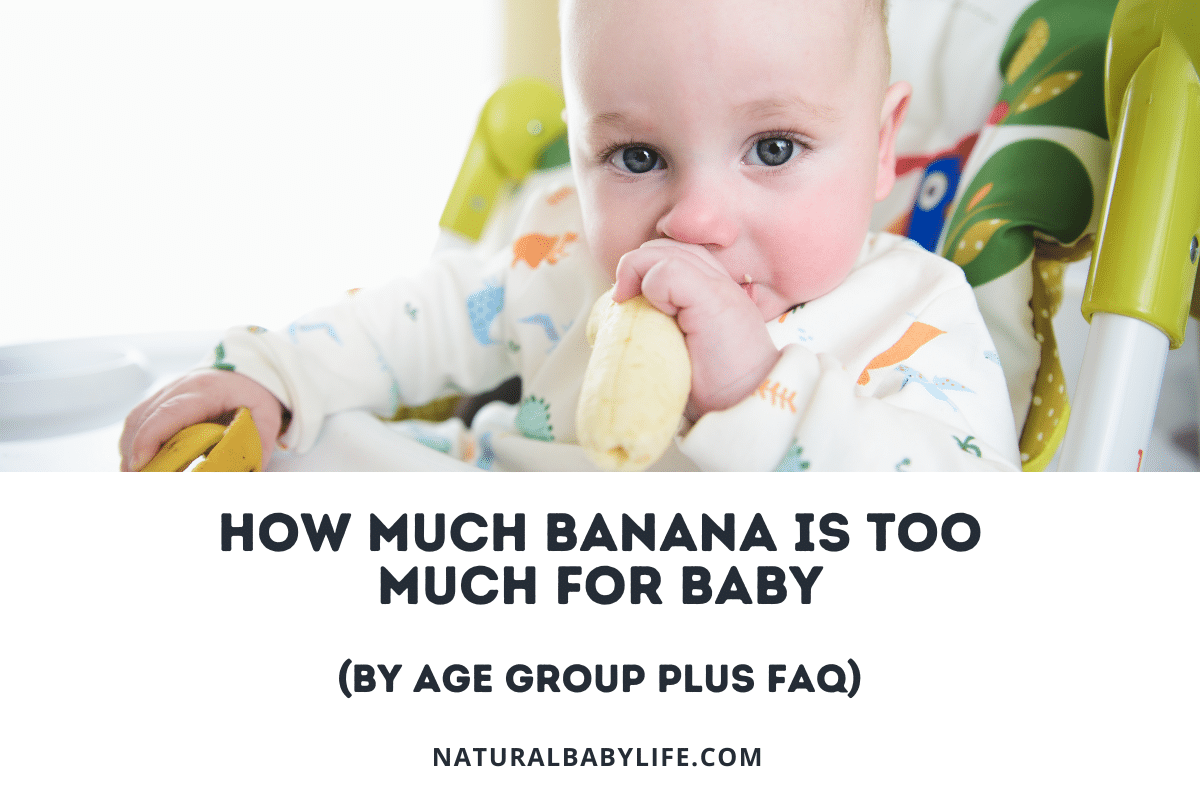Dropping off your baby or kids at daycare seems like a momentous undertaking and might be a stressful time for you. Before the first drop-off day comes, you probably will have questions about what to pack or not to pack. When it comes to preparing before your child goes to daycare, one of the questions you might have is, does the daycare provide food?
Most daycare centers provide lunch as well as morning and afternoon snacks. Some centers also have an option to pack food. If your center is enrolled with the CACFP, they will provide nutritious snacks and meals. Whatever the case may be, it is important to have a conversation with your provider about their guidelines so that you can be prepared.
Read on as we tackle important topics regarding food in daycares and regulations.
Table of Contents
Do most daycares provide food?
Meals and snacks provided during daycare are essential to the growth and development of your child, and it also helps them develop good eating habits that they will carry with them until adulthood. Children who are exposed to different types of foods or meals are also less likely to be picky.
Most daycares provide food, including two snacks and a lunch for children if they are enrolled in a full-day program. Some private daycares will only provide morning and afternoon snacks but not lunch. It is important to have a conversation with your daycare provider when it comes to what they provide or do not provide so that you can be ready.
Daycares can sign up for CACFP; a federal program instituted to provide nutritious and healthy meals to children. If your daycare is a recipient of CACFP, your child will be provided healthy snacks and meals in adherence to the program guidelines.
Many children go to daycare and spend the majority of their day there, so this is where they do a lot of food consumption. If the childcare center offers food, they have to strictly adhere to hygiene regulations and nutritional standards. At the same time, they have to also follow state or county guidelines regarding food handling, storage, and preparation.
What kind of food do daycares serve babies and toddlers?
Babies and toddlers may require different snacks than older children, especially if they are not eating solid foods exclusively.
If your infant is still breastfeeding, you should talk to your daycare provider about the best way to send expressed or frozen breastmilk. Child care centers should have policies and procedures for safe handling, including breastmilk and infant formula.
Daycare centers can also provide baby food to your baby. It is important to communicate to the provider what your preferences are when giving your baby food.
For toddlers, there is usually a morning snack, afternoon snack, and lunch provided. Some centers will also offer breakfast if they are open for early drop-off. You should consult with your daycare provider to be sure of your daycare’s specific policies.
Daycare food regulations
Childcare centers offering long hours should be able to provide a significant amount of the daily nutritional requirements.
Children should be exposed to a large variety of foods, including fruits, vegetables, lean meat, fish, chicken, yogurt, milk, cereal, and cheeses. The food has to be nutritional and appropriate to the development stages of specific age groups. Water and milk should be readily available as well.
When it comes to mealtimes, the atmosphere is important to factor for children to start developing healthy eating habits. Childcare workers should be available to supervise the kids while they’re eating. The food should be appropriate size and texture for the child’s age as well as the ability of the child to chew and swallow their food.
Staff at the childcare center should be well-trained in food handling, storage, preparation, and food handling. The use of microwave ovens should also be done for safety reasons, especially when being used to heat drinks and food.
What is the Child and Adult Care Food Program (CACFP)?
According to USDA, the Child and Adult Care Food Program (CACFP) is a federal program that reimburses nutritious meals and snacks to eligible children and adults who are enrolled for care at participating centers, daycares, and adult care centers.
The assistance from CACFP also provides reimbursements for meals served to children and youth participating in afterschool care programs and children residing in shelters, adults over the age of 60, or living with a disability. The CACFP is an essential contributor to the health, wellness, growth, and development of young children in the US.
The CACFP provides meals and snacks to infants and children as a regular part of their care while enrolled in a daycare program. There are numerous public or private nonprofit child care centers and after-school centers enrolled and approved by the CACFP. They assist lower-income children, enabling them to access nutritious snacks and meals at free or reduced-price rates for the daycares.
You should ask your daycare if they get assistance from the CACFP and get as much information as you can in terms of what they provide.
The CACFP adheres to the latest dietary guidelines, which mean that no juice is served for infants between 6-11 months, and snacks must include a fruit, vegetable, or both.
For children age 1 and older:
- Lunch includes a fruit AND vegetable
- At least 1 serving of whole grains
- Juice can be served one time daily
- Cereals must not contain more than 6 grams of sugar per ounce
- Frying is not allowed for food preparation
Can you bring your own food to daycare?
Check with your daycare provider first before you pack a lunch bag for your kid.
If your daycare provider allows you to bring food from home, then, by all means, do it! This will enable you to have better control over what your child might be eating at daycare.
If your child is picky, it might be better to send them with a packed lunch. You should also ask your daycare provider if they have a microwave that they can use to heat leftovers so that your child will have more options than packing a sandwich every day.
Another important reason to pack your own food is if your child has dietary restrictions or a special diet that you have to adhere to.
How do you pack food for daycare?
When packing food for daycare, be sure to keep in mind that it will be traveling and if it needs to be kept in a specific temperature range.
If it’s perishable food, make sure that it is not left out for too long to reduce the risk of spoilage. There are lunch bags that you can purchase that are insulated, which keeps the food cold or hot, depending on the food temperature.
If the food needs to be kept cold, you might want to put ice packs in the lunch bag. This is also applicable if you are packing frozen breastmilk to send with your baby to daycare. Ice packs will make sure that the frozen breastmilk will not melt while you are in transit.
What if your daycare allows no outside food?
Some daycares do not allow outside food, and sometimes this is due to a child having food allergies. It is important to talk to your daycare provider about their guidelines before you send food in.
It is also crucial to let your provider know if your child has food allergies to make sure that he will not be exposed to specific types of foods that might trigger an allergic attack.

